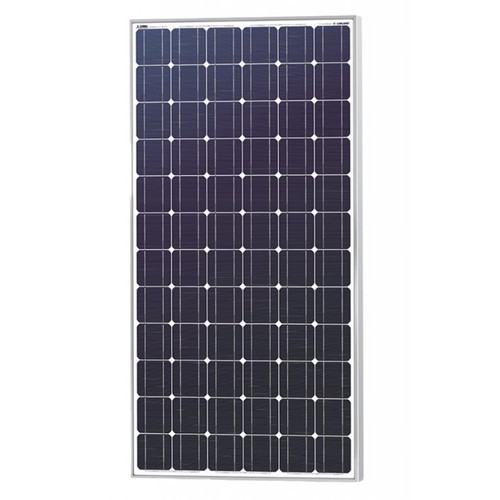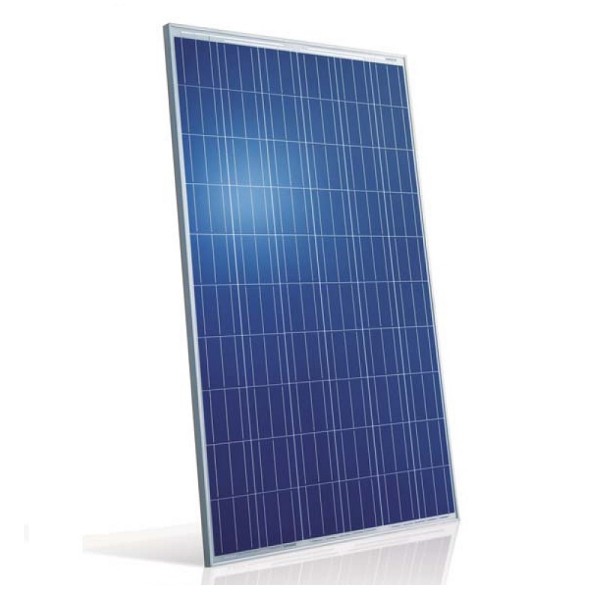Every day we keep seeing the Solar Energy usage increasing, and the future also has many good things in this industry that we can avail. There are soo many benefits Solar Modules can address from remote power systems for cabins, remote sensing to many more but do you know what a solar module is?
![]()
![]()
![]()
![]()
![]()
![]()
![]()
What is Solar Module?
A single photovoltaic Module/Panel is an assembly of connected solar cells that will absorb sunlight as a source of energy to develop electricity.
A group of PV modules (also called PV panels) is wired into an extensive array called PV array to gain a required current and voltage.
When you make up your mind to buy a solar power system, you will encounter three types, and as a layman, it becomes challenging to understand the difference between these technologies. So let’s have a brief understanding of these below:
![]()
![]()
![]()
![]()
![]()
![]()
![]()
1. Mono-crystalline Solar Modules
It is a solar modules comprising mono-crystalline solar cells.
When sunlight falls on the mono-crystalline solar modules, the cells absorb the energy and create an electric field through a complicated process. Hence it comprises of voltage and current which is directly used to run DC.
- The panel cells have a pyramid pattern that offers a larger surface area to collect more energy from the sun’s rays.
- It reduces reflection and thereby increase absorption; the cells are coated with silicon nitride.
- These panels have life span up to 25-30 years.
- They are useful in exhibiting more excellent heat resistance.
- The produced electricity is collected through metal conductors printed into cells.


![]()
![]()
![]()
![]()
![]()
![]()
![]()
2. Polycrystalline Solar Modules
PolyCrystalline solar modules are solar modules that consist of several crystals of silicon in a single PV cell.
Polycrystalline PV panels cover 50% of the global production of modules.
Made of multiple photovoltaic cells and each cell contains silicon crystals that function as a semiconductor device. As the photons from the sunlight fall on the PN junction, it imparts energy to the electrons to flow as electric current.
- Polycrystalline silicon is the most consolidated and tested photovoltaic technology.
- The conversion efficiency in diffused light conditions (e.g. on a cloudy day) is better than in monocrystalline modules.
- Poly-crystalline cells are slightly cheaper than monocrystalline ones.
- Poly-crystalline is having 25 years of life span.


![]()
![]()
![]()
![]()
![]()
![]()
![]()
![]()
![]()
![]()
![]()
![]()
![]()
![]()
3. Thin-film Solar Modules
If there’s one product that has the opportunity to benefit from the tariffs on crystalline silicon solar modules, it’s the thin-film module.
It is a good option for projects with lesser power requirements but needs for lightweight and portability. Thin-film technologies have produced a maximum efficiency of 20.3%, with the most common material amorphous silicon at 12.5%.
- Thin-film panels have 30% less than crystalline panels due to the module itself and its installation process.
- It is easy to handle.
- More flexible compared to conventional solar technology.
- You can get ut quickly in thin wafer sheets.


![]()
![]()
![]()
![]()
![]()
![]()
![]()
Solar PV Efficiency
Solar modules are between 15% and 20% efficient, with outliers on either side of the range. High-quality solar modules can exceed 22% efficiency, but the majority of photovoltaic panels available are not above 20% efficiency.
On average, today have efficiency ratings as high as 22.8%, whereas the majority of modules range from 16% to 18% efficiency rating. SolarSmiths solar modules are known for being the most efficient solar module brand available on the market. Our experts always strive hard to be there with you with your plan for the solar module, so connect today and help you with maximum efficiency projects.



